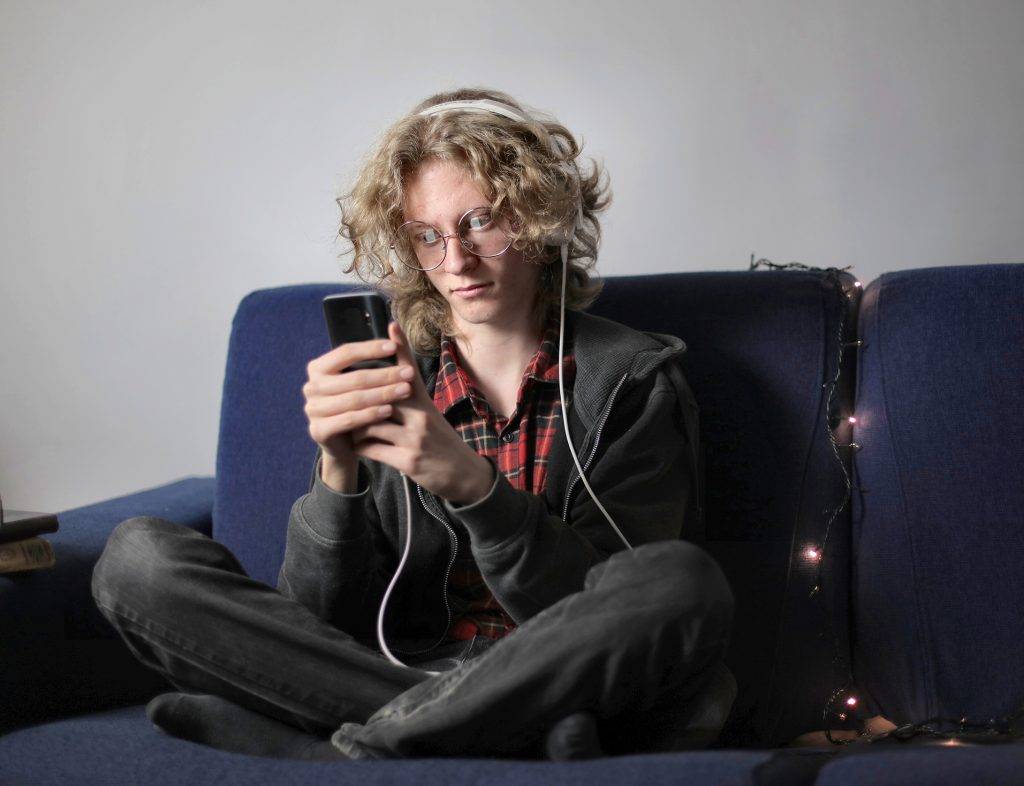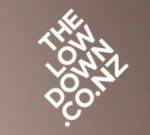
During the last few years, the use of digital platforms for visiting pages with high sexual and pornographic content has been normalized. It only takes one click (and maybe a Credit Card) to get easy access to all sorts of sexual content. According to a study done by the American Psychology Association, the average age of first exposure was 13.37 years of age with the youngest exposure as early as 5 and the latest older than 26.
In today’s society, we are exposed to models of sexuality for which we are not yet ready. Unfortunately, this easy-to-find sexual content helps sex education to be in the hands of the pornographic industry, causing a lack of empathy that promotes sexual exploitation. Not the best place to get sex educated, is it?
Sexual education is necessary for the familiar scope. It is important to have or ask for a safe space to talk about concepts such as gender equality, consent, or autonomy, so we can create healthy social and sexual relationships.
The real pornography impact on teens and tweens
Distortion of the roles between people
Porn storytelling is thought and made to recreate fantasies and non-realistic scenes. As clinical psychologist Dr. Fran Brinn points out, “…real bodies have pubic hair and make weird noises.”, while the actors and actresses in porn stories are picked up for being the perfect body fit with the highest levels of sexual attraction. So, in other words, it is impossible not to like them. And so, if we compare ourselves with them, we may (of course) feel less or inferior.
Now, talking about people’s sexual connections, we can realize that pornography makes us think about females as inferior. Most of the videos that you can find online are related to sexual abuse, violence, and not consensual acts. This message can’t be farther from reality. Real and healthy sexual relationships are based on trust, appreciation, consent, and mutual enjoyment.
Creates addiction and aggressive behaviors
This is a really strong and important pornography impact on teens. Neil Moshe Malamuth, a professor of psychology at the University of California, compared the use of pornography to that of alcohol consumption, arguing that if a sexually aggressive person naturally viewed large amounts of porn, they were more likely to engage in sexually aggressive acts. Besides, pornography consumption causes anxiety, which leads to disgusts, anger, and shame behaviors, and even the obsession of recreating the sexual acts performed in the videos.
It is also proven by many studies that our brains liberate dopamine when watching pornography. Dopamine makes us feel satisfied, happy, and motivated, and that dopamine hit can become addictive. Have you ever felt that you want more and more porn every time? This is why. We end up in an infinite loop where we can’t escape.
But don’t worry! Not everything is hopeless. There is always help for you. If you identify that you:
-You can’t stop
-You want more
-You have lost attraction
-You feel anxious
-You feel that you can’t control it
…then talk to your parents, to a trusted adult or school counselor. There are always ways to help! #StartTheConversation.
–
Watch some expert’s input about the pornography impact on teens and tweens in these videos. ⬇️ ⬇️
Clinical Psychologist Dr. Fran Brinn – Pornography impact on teens and tweens
Watch Dr. Fran Brinn’s expert output about the pornography impact on teens and tweens for more information.👇👇
Keep it real online
At I’m Enough we care about sex education in teens and tweens. We support any campaigns for parents and caregivers to keep their children safe online. Being a parent or caregiver in the digital age can be challenging. Here you will find tools and advice to help you ‘keep it real online’ with your children and young people. Get help & advice at www.keepitrealonline.govt.nz. Watch the video 👇👇
The I’m Enough Trust, Founder and Team would like to say a big thank you to Dr. Fran Binn for sharing her knowledge and resources with us.



